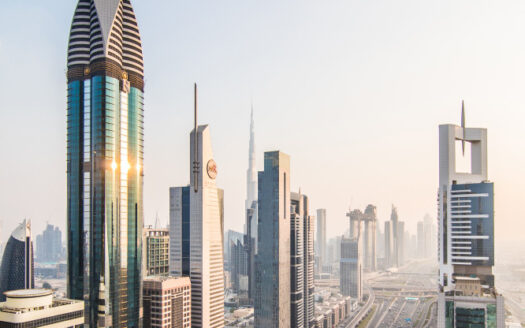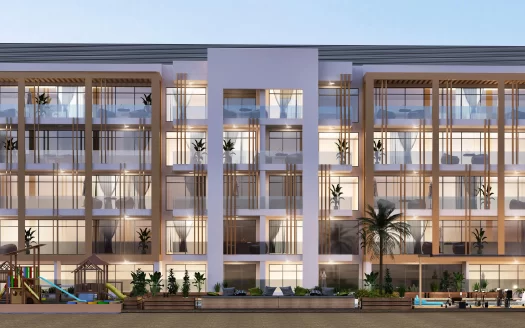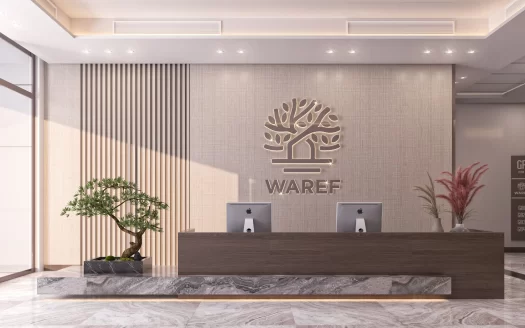Dubai Property Taxes and Legal Considerations for Investors
Dubai Property Taxes and Legal Considerations for Investors
Investing in Dubai’s real estate market offers promising returns, but understanding property taxes and legal guidelines is essential for a smooth transaction. Whether you’re a local resident or an international investor, Dubai’s tax-friendly policies and transparent legal structure make it an attractive destination for property buyers.
Dubai’s Property Tax System: What Investors Should Know
One of the most appealing factors for investors in Dubai is the absence of several traditional taxes. Here’s what you need to be aware of:
- No Property Tax: Unlike many global real estate markets, Dubai does not impose an annual property tax. Once you’ve bought a property, there are no recurring government-imposed taxes, making it highly appealing for long-term investors.
- No Capital Gains Tax: Investors don’t have to worry about capital gains tax on property sales. If you buy and sell property in Dubai, the profit is yours without the burden of additional taxes.
- No Inheritance Tax: For property passed down to heirs, there’s no inheritance tax, which makes Dubai a great place for long-term family investments.
While Dubai’s tax-free policies are a key draw, there are some transactional fees to consider, such as the Dubai Land Department (DLD) fee, which is 4% of the property’s purchase price. Both the buyer and seller often split this fee.
Legal Considerations for Property Buyers in Dubai
Investing in Dubai requires understanding its legal framework, especially if you’re a foreign buyer. The government has made it relatively easy for international investors to own property, but there are important clauses and regulations to keep in mind.
- Freehold vs Leasehold Areas:
- Freehold Areas: Foreign investors can buy property in designated freehold areas, where they own the property outright. Popular freehold areas include Dubai Marina, Downtown Dubai, and Jumeirah Lake Towers (JLT).
- Leasehold Areas: In leasehold areas, buyers can lease a property for up to 99 years. While this provides a long-term investment, it differs from full ownership, and it’s crucial to understand the terms of the lease.
- Residency Visa Through Property Investment:
- Buying a property worth at least AED 750,000 can qualify you for a renewable 3-year residency visa. This visa doesn’t allow employment but provides residency benefits for investors and their families.
- Ownership by Non-GCC Nationals:
- Non-GCC nationals can only own properties in freehold areas designated for foreign ownership. The real estate laws in Dubai are clear on this to protect both local and foreign investors.
- Transfer of Ownership and DLD Registration:
- The Dubai Land Department (DLD) plays a vital role in legalising property transactions. Buyers must register their ownership with the DLD, and the process typically involves paying a registration fee (around 4% of the property value).
- During this process, a Memorandum of Understanding (MOU) is signed between the buyer and seller, which outlines the terms of the sale, including payment timelines, property handover, and other relevant clauses.
- Escrow Accounts for Off-Plan Projects:
- If you’re investing in an off-plan property like Waref Residences by SIDO, the developer must deposit funds into an escrow account as per Dubai law. This ensures that your money is secure and is only used for the construction of the project, protecting your investment.
Key Legal Clauses to Watch Out For
When buying property in Dubai, especially as an international investor, it’s important to pay attention to certain legal clauses:
- Developer’s Payment Schedule: This clause outlines how and when you’ll make payments during the construction of an off-plan project like Waref Residences. Ensure that the schedule aligns with the project’s completion timeline (expected by the end of 2025 for Waref Residences).
- Handover Date: For off-plan properties, the handover date is crucial. It dictates when you’ll officially take ownership and start using or renting out the property. Delays in this date can impact your investment, so it’s vital to understand the implications.
- Service Charges: Service charges cover maintenance and amenities in the building or community. These fees vary depending on the property type and location, and it’s important to factor them into your overall investment plan.
Waref Residences by SIDO: A Lucrative Investment Opportunity
If you’re looking for a promising off-plan investment, Waref Residences by SIDO is set to be one of Dubai’s most sought-after residential projects. Located in a prime area and slated for completion by the end of 2025, this project offers luxury living with modern amenities, all while benefiting from Dubai’s favourable tax and legal environment for investors.
With Waref Residences, investors can take advantage of Dubai’s tax-free rental income, while also securing a property in a city that continues to attract global interest. This project is designed to meet the high demand for quality housing, making it a smart choice for both rental yield and long-term capital appreciation.
Conclusion
Dubai’s property market continues to offer investors significant benefits, from tax-free profits to legal protections for both locals and foreigners. Whether you’re looking at established properties or off-plan projects like Waref Residences, understanding the local taxes and legal requirements is crucial to ensuring a safe and profitable investment.
For investors, Dubai’s transparent real estate laws and its booming property market create a unique opportunity to grow wealth, while enjoying the benefits of owning property in one of the world’s most vibrant cities.




